Kenya Kwanza and Azimio Snub Talks
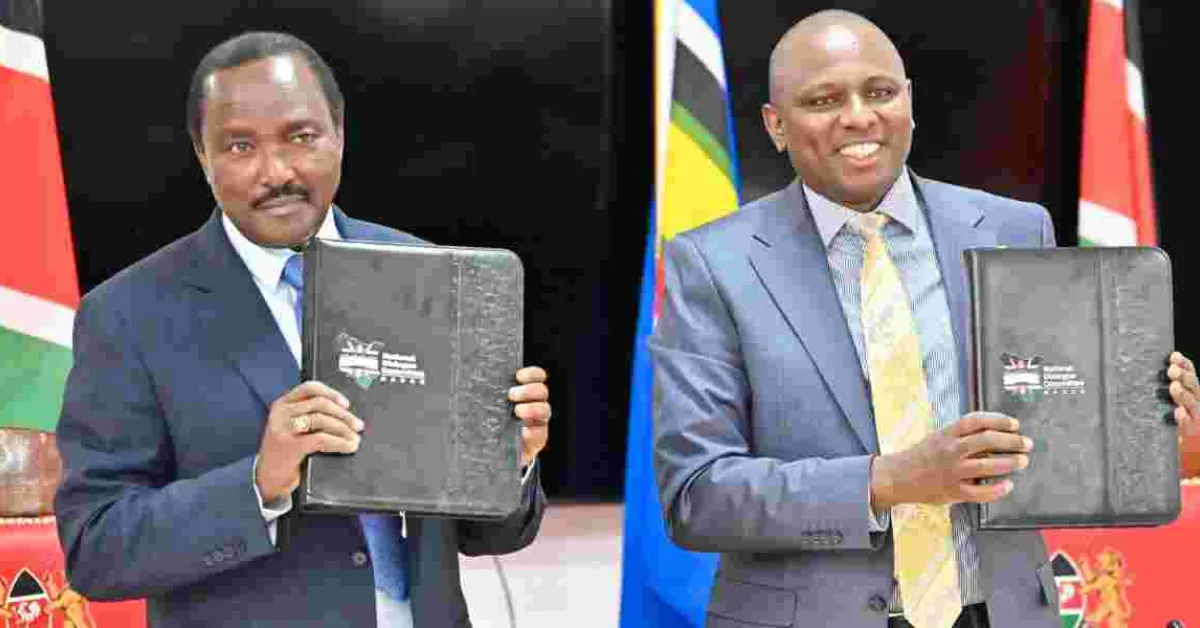
Attempts to resolve the political deadlock resulting from last year's disputed presidential election hit a roadblock on Monday as government and Opposition leaders failed to attend the scheduled talks.
President William Ruto's Kenya Kwanza Alliance and Opposition leader Raila Odinga's Azimio la Umoja One Kenya Coalition Party have caused a deadlock by choosing not to attend. Kalonzo Musyoka and Kimani Ichung'wah lead the National Dialogue Committee charged with arranging the negotiations. The planned order of presentations had Kenya Kwanza leading the way, with Azimio following. Kenya Kwanza, seeking more time, decided to shift their presentation to the next day. Consequently, Azimio also requested a similar deferral in response.
Despite repeated inquiries, Azimio party Secretary-General Suna MP Junet Mohammed has yet to comment on the sudden change. Meanwhile, former Attorney-General Amos Wako has come forward with a compelling proposal to incorporate a hybrid system in the country's electoral body. Wako is advocating for a law enforcing the immediate opening of servers upon the announcement of presidential election results to retain confidence in the process and collect crucial data for the filing of election petitions. Dismissing Azimio's call for an audit of the 2022 presidential election results, Wako referred to the matter as settled by the Supreme Court of Kenya.
Sharing his perspective at the National Dialogue Committee meeting held at the Bomas of Kenya, Wako laments over the current method of constituting the seven-member IEBC, suggesting that commissioners should be nominated by major political parties and others selected through a panel. In 1997, Mr Wako proposed a solution for the appointment of commissioners to the Independent Electoral and Boundaries Commission (IEBC). He suggested that the major parties be given one slot each, while the smaller parties have a reserved slot through the Political Parties Liaison Committee. If four persons are nominated by the political parties, the remaining three commissioners would be selected through a competitive process, which would require an amendment to the IEBC Act.
Mr. Wako emphasizes the importance of allowing political parties to nominate individuals with credibility, citing the successful 2002 General Election as an example. During that time, the President nominated 11 members to the Electoral Commission of Kenya (ECK), while the political parties designated 10 members. The ECK proceeded to conduct a presidential election that was widely regarded as the most free, fair, credible, and transparent in the country's history, resulting in the election of Mwai Kibaki as the third President, defeating his closest opponent, Uhuru Kenyatta, who would later become President in 2013.
The 2007 Kenyan presidential race was highly contested between the incumbent the late Kibaki and his primary challenger, ODM leader Raila Odinga. However, the election was deeply marred by widespread interference and control exerted by the state. Regrettably, post-election turmoil ensued with over 1,000 Kenyan lives lost and the displacement of countless others.


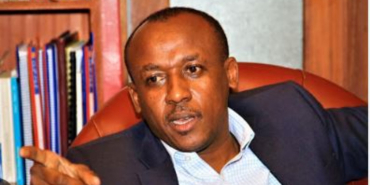
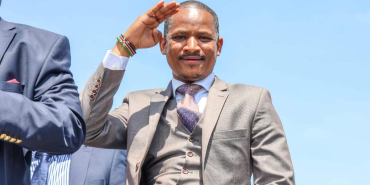



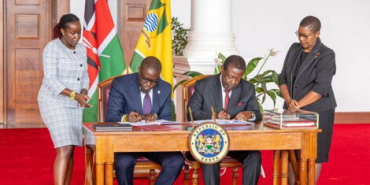
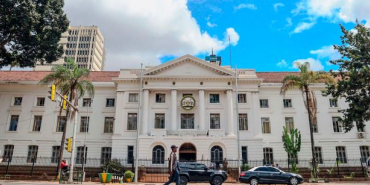
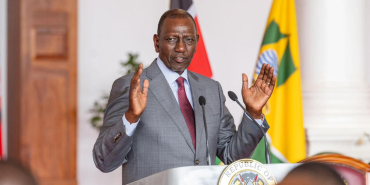




Comments
Bye bye! You were pretending…
Permalink
Bye bye! You were pretending to have a dialogue over nothing that cannot be resolved by the elected leaders. If you want to talk go to parliament where laws for the land are made. Bomas' talk is a lie. Sitting around pocketing sitting allowances, lunch and petrol money. You are stealing from kenyans.
Add new comment